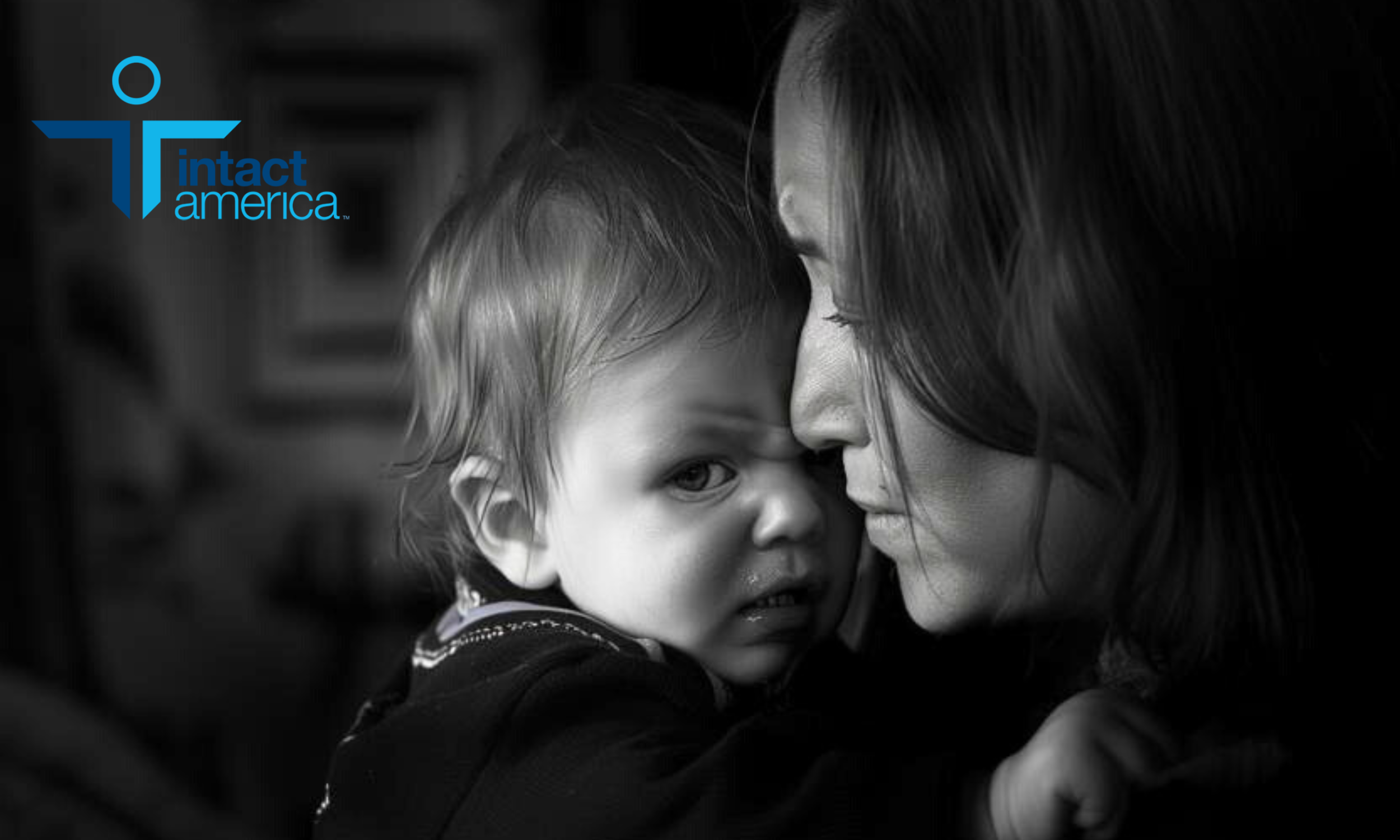Not a week goes by without somebody asking me: “How did you get involved in this cause (intactivism)?” I tell them I cannot abide the injustice that allows doctors and parents to remove an important body part from their infant sons.
Similarly, not a week goes by without somebody saying to me, “I want to do everything I can to protect boys, but I can’t use my real name because ….” (the reasons vary). I think to myself: How do you expect to change things if you stay anonymous?
“An activist is someone who cannot help but fight for something. That person is not usually motivated by a need for power or money or fame, but in fact is driven slightly mad by some injustice, some cruelty, some unfairness so much so that he or she is compelled by some internal moral engine to act to make it better.”
— Eve Ensler
Last month, as I was marching with our Intact America contingent at NYC Pride, I marveled at how far one cause – equal right for people, no matter what their sexual orientation – had come. I realized this was only possible because people who had suffered in secrecy, shame and fear for so long decided to speak out, to come out with their real names, their real stories, and their demands for justice.
In my own lifetime, I’ve seen racial desegregation outlawed, and interracial couples become mainstream. I’ve seen same-sex couples, first having achieved the right to marry, adopt babies and create the families that would have been impossible only a few years before.
All social change movements began as unfamiliar or unpopular causes. To oppose slavery in the United States was once unthinkable. The injustice of enslaving other human beings is what motivated persons of conscience to speak out, to come out and demand the abolition of slavery.
When American women began demanding the right to vote (starting with the Seneca Falls convention in 1848), they were attacked as unladylike, ugly and unlovable – as man-haters, or unpatriotic threats to the American way of life. Women and men so motivated by the injustice of denying half the population the right to participate in the political system marched and wrote and spoke out, using their real names, incurring ridicule and for themselves and their families. (Not coincidentally, many also fought for women’s suffrage.)
Activists who oppose FGM in African and Muslim countries have been criticized, persecuted, and disowned by their families and cultures. But it hasn’t kept them from coming out –even, in many cases, fleeing their own countries in order to continue speaking out.
Granted, pockets of fear and hatred continue to exist, and we live at perpetual risk of backsliding. But progress on the human rights front continues, and the slow but growing acknowledgment by Americans that baby boys deserve justice is evidence of this progress.
Why are we making progress? Because people who believe in justice for all refuse to stay silent. They refuse to hide in the closet. They speak out. They march, they donate to the intactivist group(s) of their choice, and they spread the word to anyone who will listen.
Freed slave and abolitionist Frederick Douglass was encouraged by many of his friends to hide his identity. They feared – not without reason – that Douglass would be re-captured and either killed or returned to the plantation where he’d been enslaved. Douglass realized, though, that keeping his identity a secret diminished his credibility, and conveyed fear and weakness – the antithesis of activism.
Here is what I say when somebody tells me they are committed to intactivism, but need to remain anonymous: If you cannot use your own name, who will believe in you? Who can see you as an example to follow, if they don’t know who you are?
As social justice advocate DaShanne Stokes famously said: “Only by speaking out can we create lasting change. And that change begins with coming out.”





